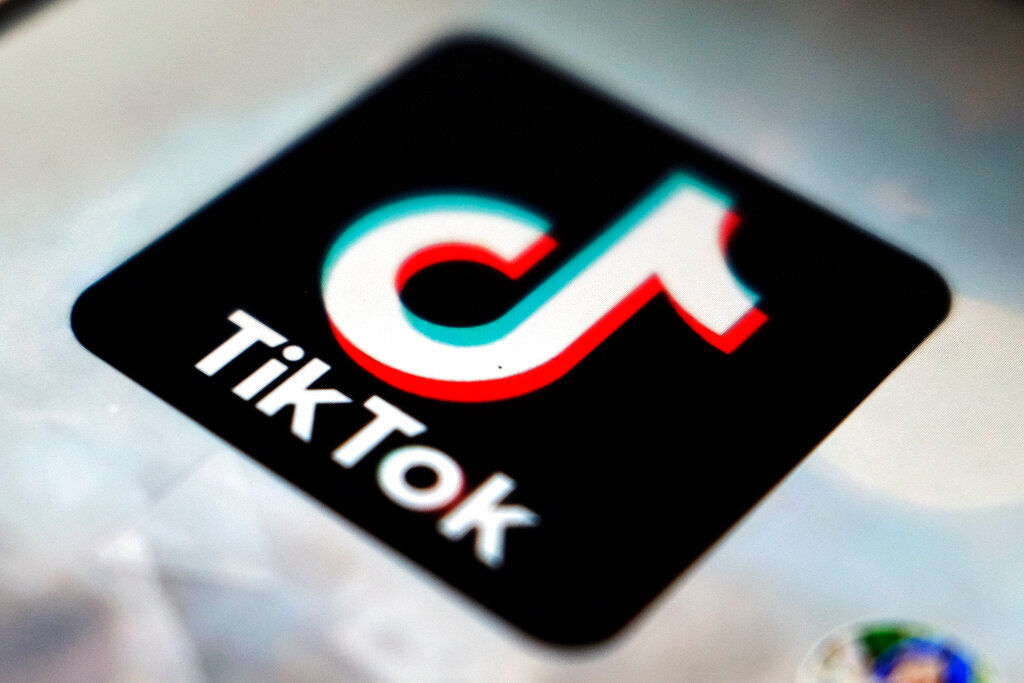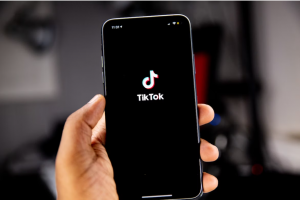A ‘teenage mode’ will restrict children under the age of 14 from spending more than 40 minutes a day on the Chinese version of TikTok. Douyin users under the age of 14 who have registered using their real names will also not be able to use the short-form video app between 10 pm and 6 am, Beijing-based ByteDance announced in a statement. Parents have been urged to help their children register with real names, or manually enable the ‘teenage mode.’ ByteDance said it will also introduce content related to science experiments and museums to art gallery exhibition and natural scenery to “inspire” younger teens on Douyin.
Douyin had at least 490 million users in November 2020, according to media research firm iiMedia Research.
Analysts at Citigroup Global Markets wrote in a Monday research note that the ‘teenage mode’ seemed to be a “proactive measure” by ByteDance amid pressure by Chinese regulators on tech companies to limit the amount of time minors spend on their platforms.
“Self-assessment and voluntary implementation of minor-protection measures by more platforms could help suggest platforms are being more socially responsible and potentially reassure parents and regulators,” they added.
Under China‘s revised “Minor Protection Law,” internet service providers, including social media apps, are required to “set up corresponding functions such as time management, content restriction and consumption limits for minors.”
ALSO READ: LGBTQ rights groups blocked on China’s biggest social media app
Kuaishou introduced a setting similar to Douyin’s teenage mode for minors in 2019.
In August, China barred online video gamers under the age of 18 from playing on weekdays and limited their play to just three hours a week.
Chinese tech companies will have to deal with tougher legal restrictions on how they collect, use and manage personal data under a law that was passed last month and comes into effect on November 1.
China’s top legislature voted to pass the Personal Information Protection Law (PIPL) at the closing meeting of a regular legislative session of the Standing Committee of the National People’s Congress.
Chinese media described the law as one of world’s toughest on personal data security.







